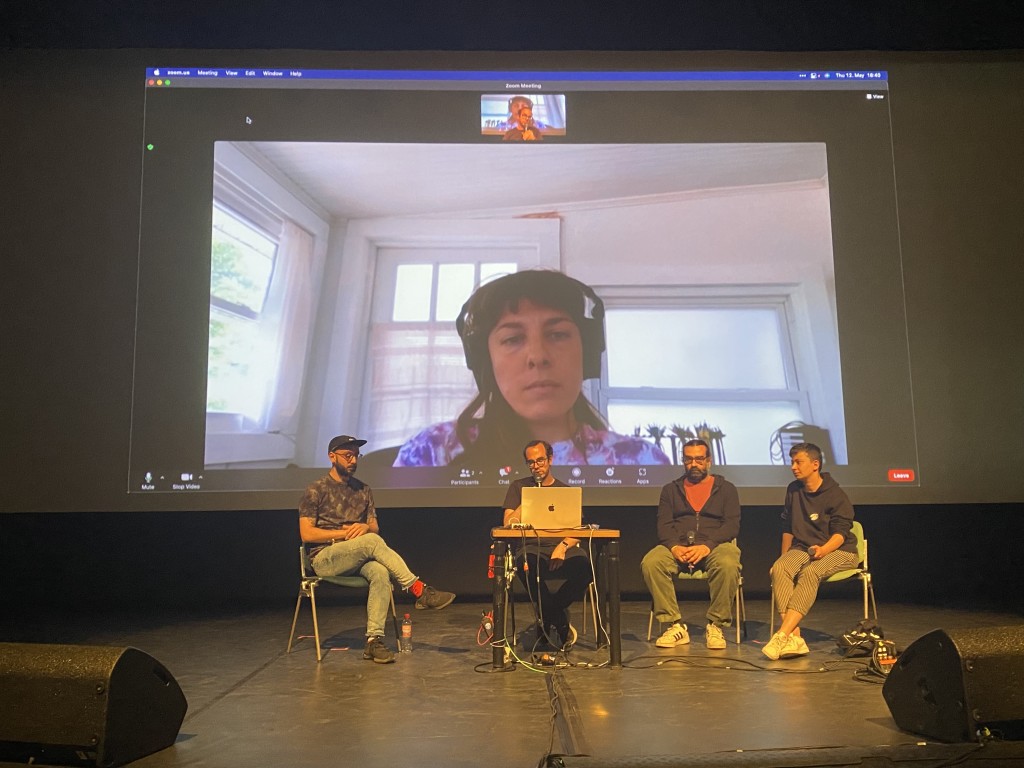What good is music and music technology in moments of crisis and trauma? Beirut Synthesizer Center co-founders talk about just that – and how much it has meant to those not specializing in music as well as those who do. Now as this project grows, they’ve also had a chance to learn how to make projects effective and sustainable – lessons worth sharing in your part of the world, too.
It was really a pleasure to moderate this panel at Superbooth, especially after the chance to play with these folks in Germany and Lebanon in April, so I’m glad now you can watch even if you weren’t with us here in Berlin.

And there’s a movement on to treat music technology in newly open and shared ways. It’s no accident that synth libraries and other sharing schemes are popping up all over the place – Beirut was even inspired by an initiative in Prague. (Meet the Czech-Lebanese connection!) Now this week in Berlin, we got to welcome Give Something Back to Berlin, which has produced both an open school and open studio space catering to refugees (from Syria to Ukraine and beyond) and other marginalized groups who may have unequal access.
From Beirut Synth Center, Bana Haffar, Elyse Tabet, Ziad Moukarzel, and Hany Manja join – they’re all wonderful humans and musicians, too. And they talk about the program, what it’s meant, and also how they’re sustaining it:
Photos by Maria Mouk.
Beirut Synthesizer Center sponsors:
Dublab
Beirut Musician’s Fund
Goethe Institute Lebanon
In addition, for the appearance at Superbooth, our guests from Beirut were supported by Goethe Institute and the German Federal Foreign Office. The exchange between Berlin and Beirut below had support from Goethe Institute Lebanon, with additional support from Elektron, Moog, and Orchestral Tools.
For more information:
https://www.instagram.com/beirutsynthcenter/
https://linktr.ee/beirutsynthcenter
Over in Czechia:
http://www.zvukpraha.cz/synthlibraryprague/
The exchange program I got to be a part of in April:
BEIRUT x BERLIN [Your Mom’s Agency]
And previously: